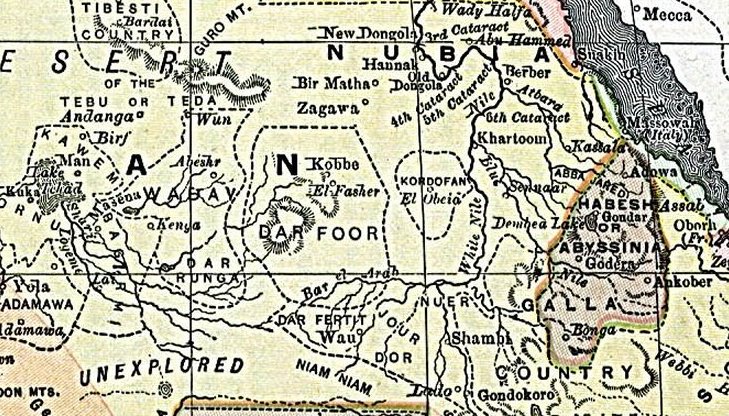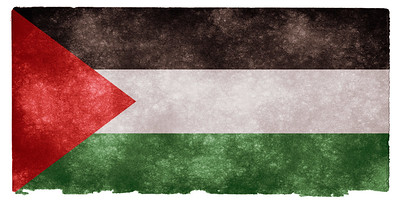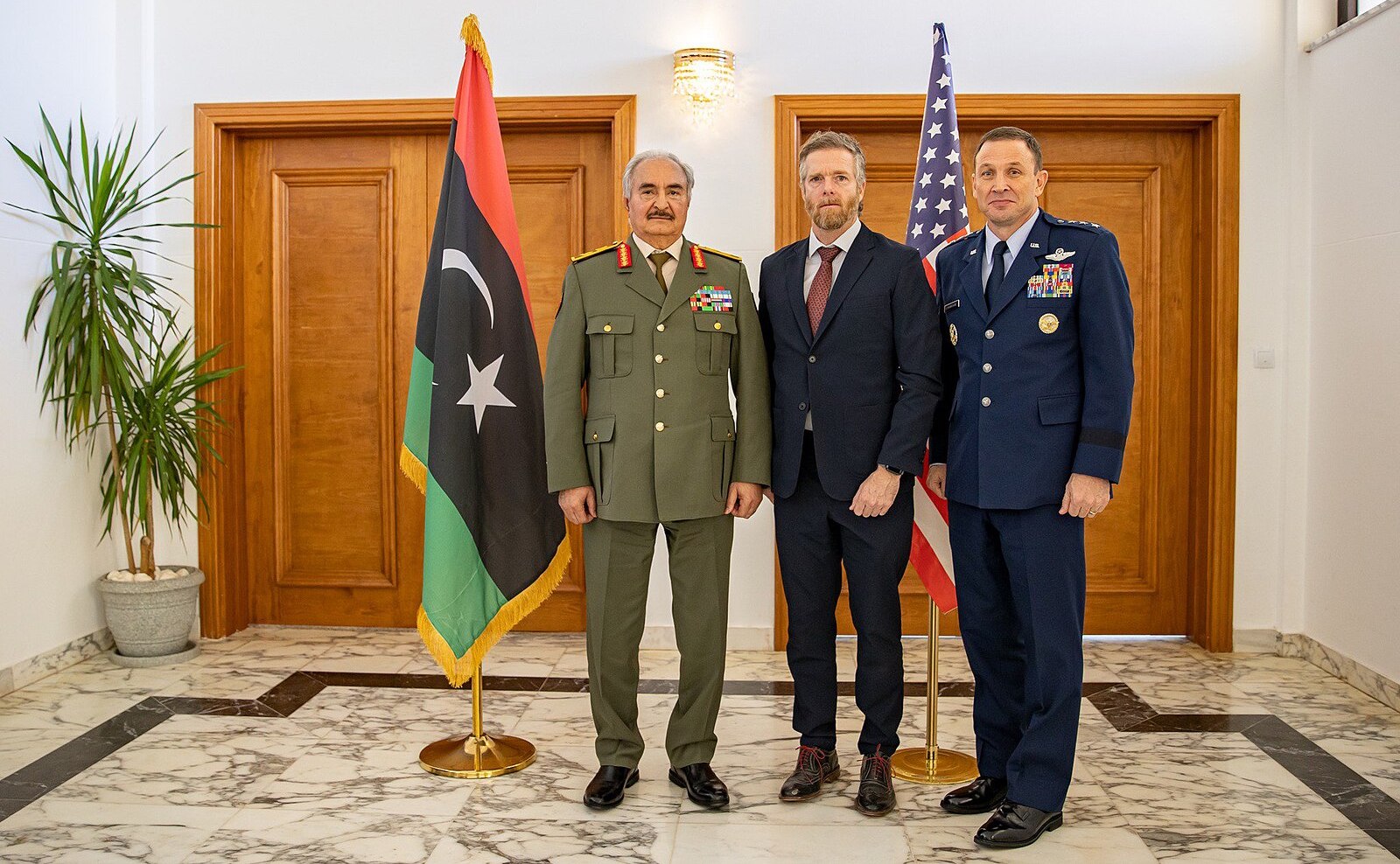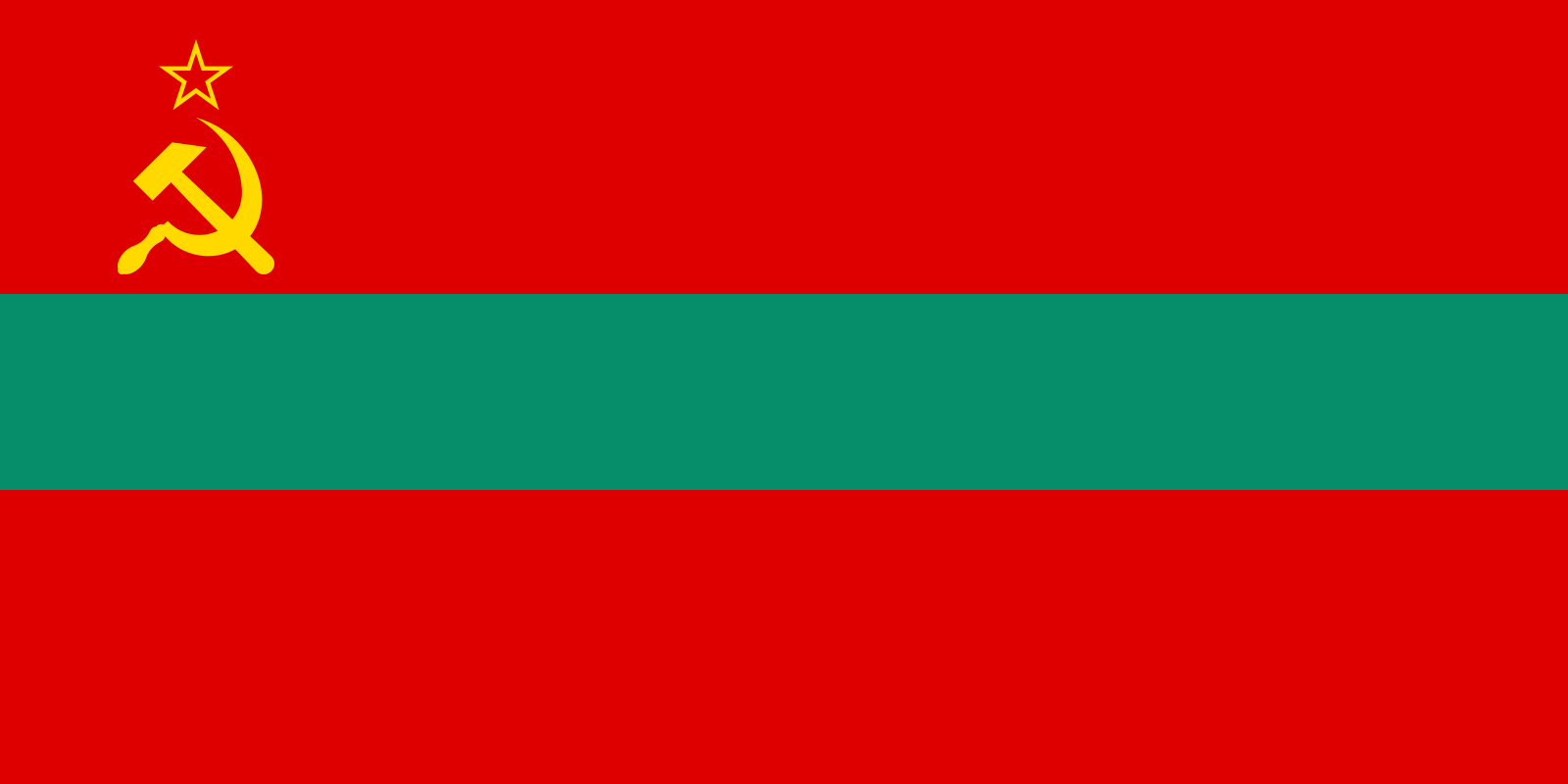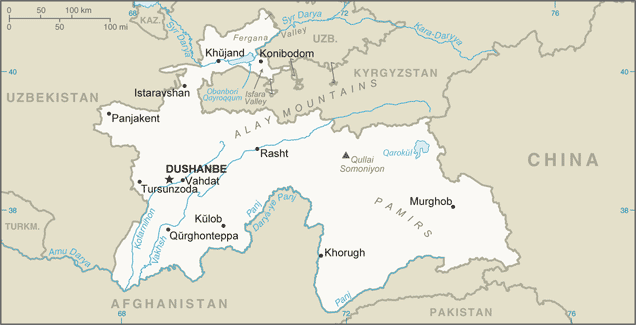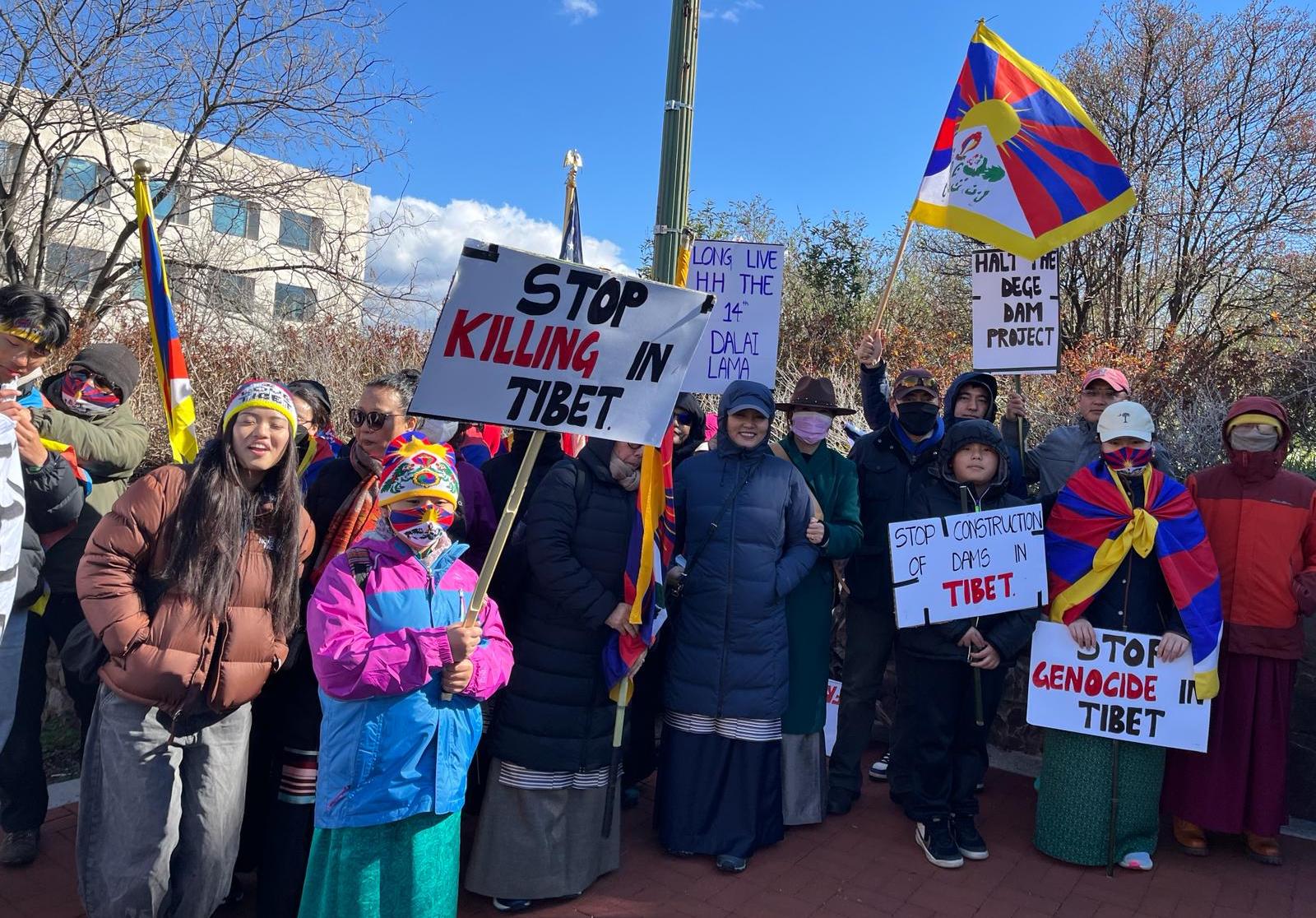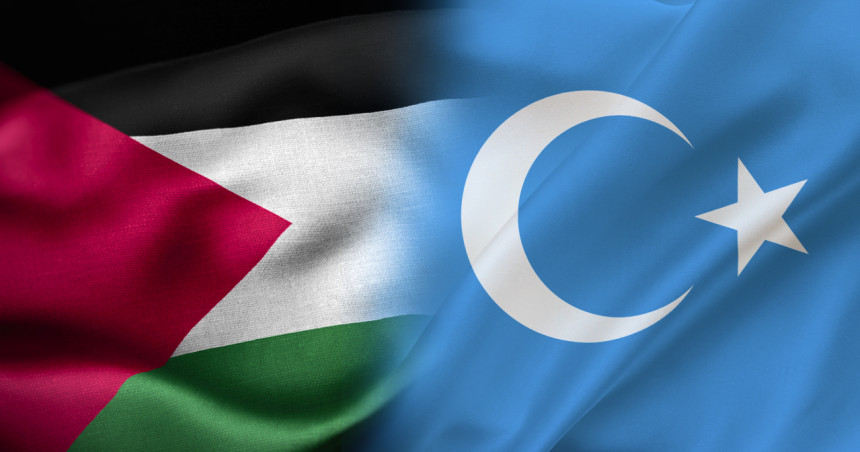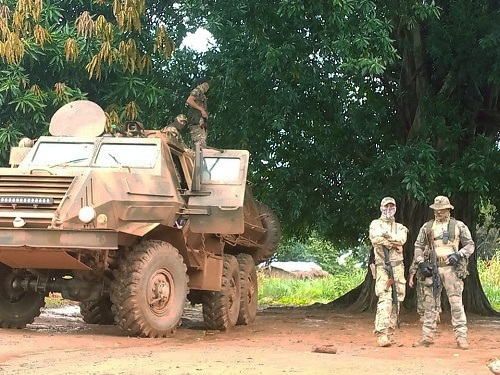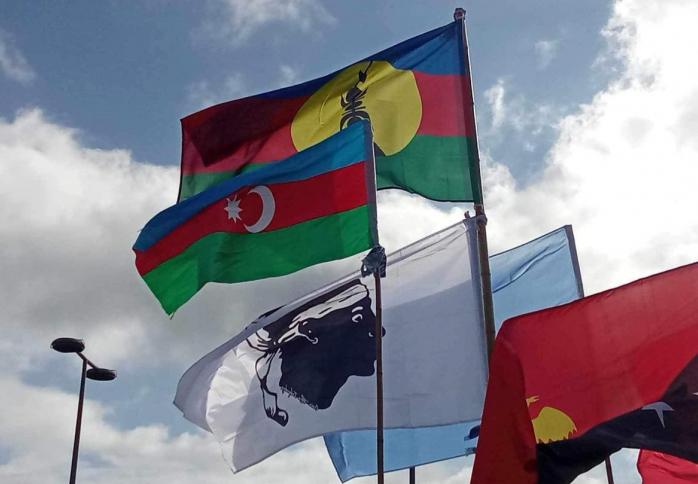
France accuses Azerbaijan of interfering in New Caledonia
France accused Azerbaijan of interfering in the conflict in New Caledonia, and spreading anti-French propaganda on social media to enflame the unrest in the French overseas territory. The charge was based on a report published by the French state investigative agency Viginum, alleging that Azerbaijan has disseminated “manifestly inaccurate or misleading content…blaming France for its handling of the situation in New Caledonia in the context of the riots.” The report came one day after French Interior Minister Gerald Darmanin accused Azerbaijan of making an agreement with the New Caledonia independence leadership, implying that this was retaliation for French support of Armenia in the conflict between the two Caucasus nations. Darmanin further added that France will not cede to the violence, and that it maintains sovereignty over New Caledonia. (Photo: New Caledonia protesters fly flag of Azerbaijan alongside that of the independence movement. Credit: @BabakTaghvaee1)



